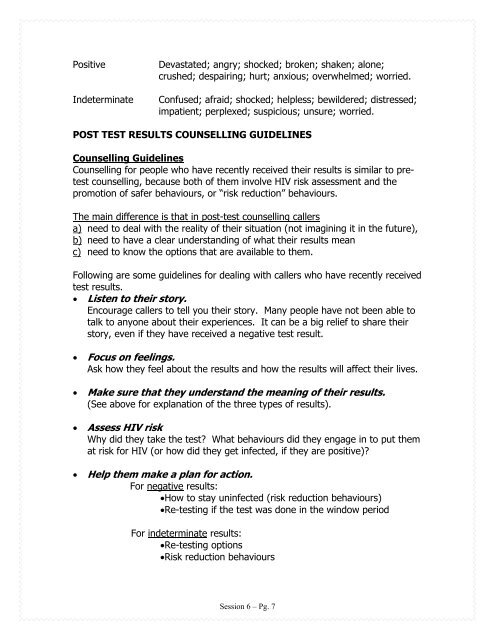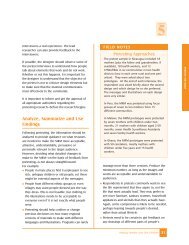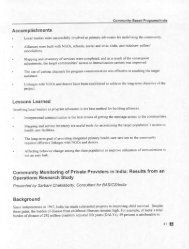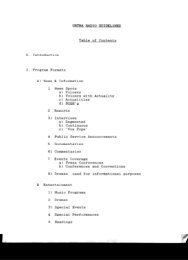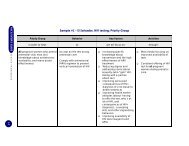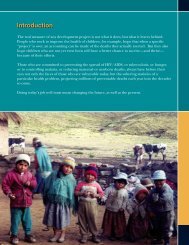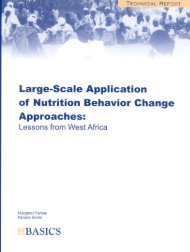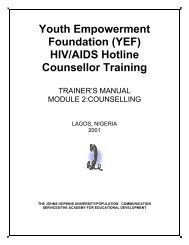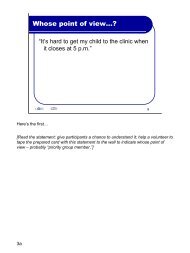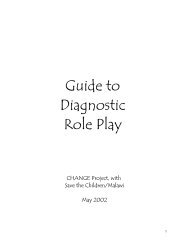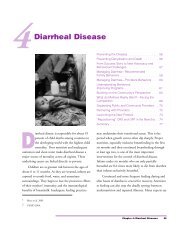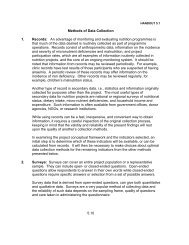MODULE TWO: COUNSELLING - FHI 360 Center for Global Health ...
MODULE TWO: COUNSELLING - FHI 360 Center for Global Health ...
MODULE TWO: COUNSELLING - FHI 360 Center for Global Health ...
You also want an ePaper? Increase the reach of your titles
YUMPU automatically turns print PDFs into web optimized ePapers that Google loves.
Positive<br />
Indeterminate<br />
Devastated; angry; shocked; broken; shaken; alone;<br />
crushed; despairing; hurt; anxious; overwhelmed; worried.<br />
Confused; afraid; shocked; helpless; bewildered; distressed;<br />
impatient; perplexed; suspicious; unsure; worried.<br />
POST TEST RESULTS <strong>COUNSELLING</strong> GUIDELINES<br />
Counselling Guidelines<br />
Counselling <strong>for</strong> people who have recently received their results is similar to pretest<br />
counselling, because both of them involve HIV risk assessment and the<br />
promotion of safer behaviours, or “risk reduction” behaviours.<br />
The main difference is that in post-test counselling callers<br />
a) need to deal with the reality of their situation (not imagining it in the future),<br />
b) need to have a clear understanding of what their results mean<br />
c) need to know the options that are available to them.<br />
Following are some guidelines <strong>for</strong> dealing with callers who have recently received<br />
test results.<br />
• Listen to their story.<br />
Encourage callers to tell you their story. Many people have not been able to<br />
talk to anyone about their experiences. It can be a big relief to share their<br />
story, even if they have received a negative test result.<br />
• Focus on feelings.<br />
Ask how they feel about the results and how the results will affect their lives.<br />
• Make sure that they understand the meaning of their results.<br />
(See above <strong>for</strong> explanation of the three types of results).<br />
• Assess HIV risk<br />
Why did they take the test? What behaviours did they engage in to put them<br />
at risk <strong>for</strong> HIV (or how did they get infected, if they are positive)?<br />
• Help them make a plan <strong>for</strong> action.<br />
For negative results:<br />
•How to stay uninfected (risk reduction behaviours)<br />
•Re-testing if the test was done in the window period<br />
For indeterminate results:<br />
•Re-testing options<br />
•Risk reduction behaviours<br />
Session 6 – Pg. 7


